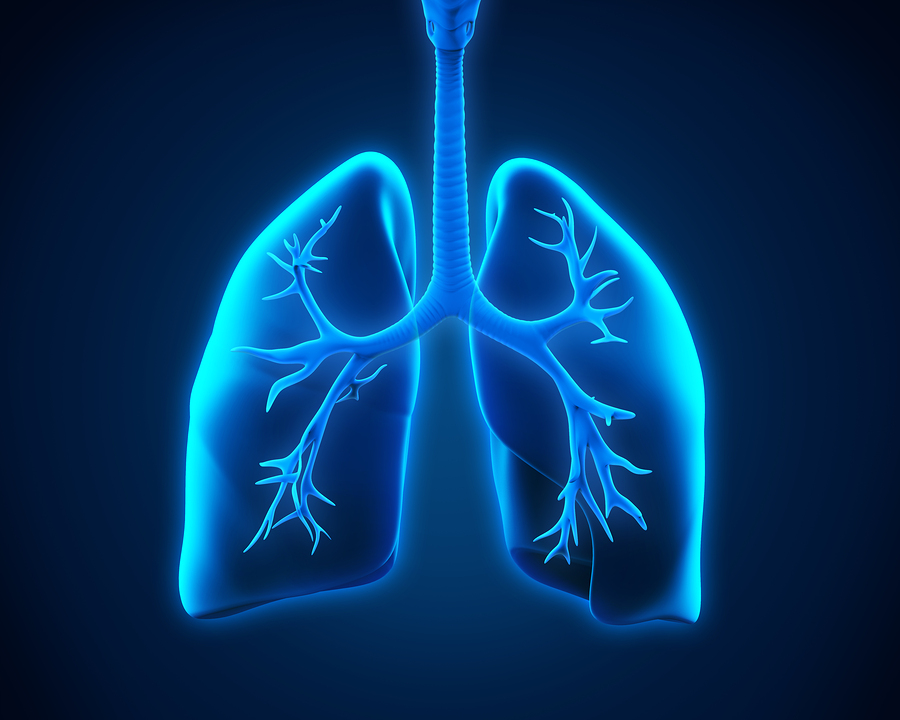Understanding Emphysema
When you take on the responsibility of caring for an older adult who has emphysema you may be uncertain about what to expect. Perhaps you don’t know much about the condition or how it affects your aging relative. Knowing more about emphysema can help you to be a more confident caregiver.

Elder Care in South Fork NY: Emphysema
General Information
Emphysema is a condition that occurs when the air sacs inside the lungs are damaged. The damage grows worse over time. The tissues that separate the air sacs are ruined, allowing pockets to form where air gets trapped. This eventually causes the lungs to get larger and the older adult has a more difficult time breathing. Because of the destruction of the tissues between air sacs, the lungs have less surface area, so less oxygen gets into the bloodstream.
The primary symptom of emphysema is shortness of breath. Eventually, being short of breath makes it hard for the older adult to be able to complete their regular daily tasks. And, in time, they will feel short of breath even when they are just sitting still.
Emphysema is generally caused by being exposed to airborne substances that irritate the lungs over a long period of time. Cigarette smoke is a common cause of emphysema. It can also be caused by exposure to chemicals and dust, which may occur as a result of certain kinds of employment.
How Emphysema Progresses
Doctors describe emphysema as progressing in stages. There are a couple of different staging models they may use. One of them is the GOLD staging system. It defines the stages as follows:
Group A (GOLD 1 or 2): Symptoms in this stage are mild. The senior has not been in the hospital for treatment of emphysema.
Group B (GOLD 1 or 2): During this stage, symptoms are still mild but are getting worse. This is the stage in which most people go to the doctor for the first time because of symptoms.
Group C (GOLD 3 or 4): It’s harder to get air in and out of the lungs. The older adult has had 3 or more flare-ups in a 12-month period or may have been hospitalized because of emphysema symptoms.
Group D (GOLD 3 or 4): This is “end stage” emphysema. Breathing is extremely difficult. Lung function is seriously compromised, and flare-ups can be life-threatening.
Older adults with emphysema frequently need a great deal of help to continue living in their homes.
They may become very short of breath when exerting themselves to do things like vacuuming or carrying groceries into the house. Elderly care can assist with tasks that make breathing difficult. An elderly care provider can clean the house, do the grocery shopping, and prepare meals. Elderly care providers can also help with managing symptoms by remind the senior to take their medications.
If you or an aging loved one is considering hiring Elder Care in South Fork, NY, call the caring staff at Artful Home Care today at 631-685-5001.
Sources
Mayoclinic.org/symptoms-causes
Webmd.com/what-is-emphysema
Mayoclinic.org/articles
Webmd.com/emphysema-stages
- The Hidden Safety Benefits of an Organized Home - April 3, 2025
- Artful Home Care Presents Planning Your Legacy: An End-of-Life Strategy Session - March 27, 2025
- Celebrate National Garden Month with Your Senior - March 19, 2025

